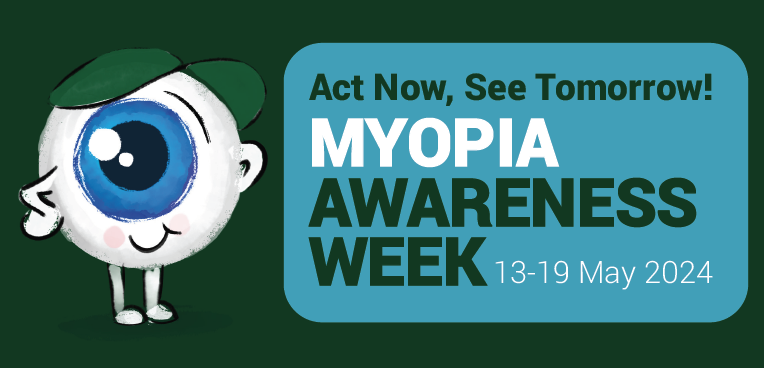
Christine Wildsoet, DipAppSci (Optom), BSci (Hons Pharm), IMI Advisory Board
Berkeley Myopia Research Group, School of Optometry & Vision Science Program, University of California Berkeley, United States
Committee members:
- Prof. Kyoko Ohno-Matsui
- Prof. Lawrence Yannuzzi
- Prof. Jost Jonas
- Prof. Jugnoo Rahi
- Prof. Serge Resnikoff
- Dr. Monica Jong
- Prof. Mingguang He
- Prof. Kovin Naidoo
- Dr. Susan Vitale
Further research is critical to understanding the factors underlying such variability and underlying mechanisms, to guide recommendations for combined treatments. There is also room for research into novel treatment options.
Myopia has been predicted to affect approximately 50% of the world’s population based on trending myopia prevalence figures. Critical to minimizing the associated adverse visual consequences of complicating ocular pathologies are interventions to prevent or delay the onset of myopia, slow its progression, and to address the problem of mechanical instability of highly myopic eyes.
Although treatment approaches are growing in number, evidence of treatment efficacy is variable. This article reviews research behind such interventions under four categories: optical, pharmacological, environmental (behavioral), and surgical. In summarizing the evidence of efficacy, results from randomized controlled trials have been given most weight, although such data are very limited for some treatments.
The overall conclusion of this review is that there are multiple avenues for intervention worthy of exploration in all categories, although in the case of optical, pharmacological, and behavioral interventions for preventing or slowing progression of myopia, treatment efficacy at an individual level appears quite variable, with no one treatment being 100% effective in all patients.
Further research is critical to understanding the factors underlying such variability and underlying mechanisms, to guide recommendations for combined treatments. There is also room for research into novel treatment options.
Keywords: myopia control, optical, pharmacological, behavioral, surgical
Translated versions of IMI clinical summaries are available at myopiainstitute.org
The publication costs of the International Myopia Institute reports were supported by donations from BHVI, Carl Zeiss Vision, CooperVision, Essilor, Alcon, and Vision Impact Institute.


